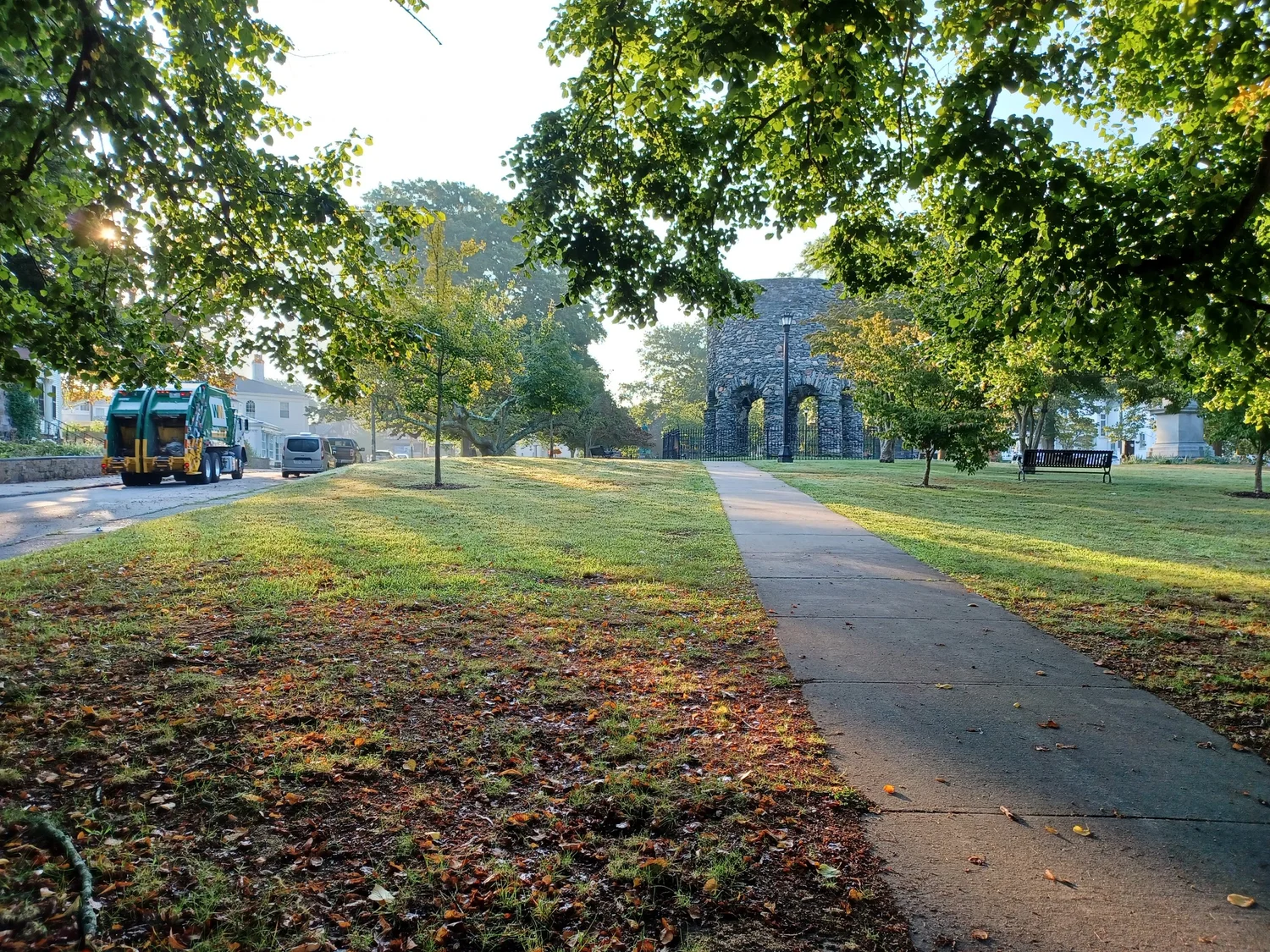Pervasive and Persistent
/Teachers who've let me test my method with their kids have consistently noticed a birightening effect when climate-change content becomes a project. Kids square their shoulders, lift their chins, criticize me and each other, and negotiate. This steels me for future storms and upheavals, because living with climate uncertainty is a project. It's not a condemnation or a specter.
The first couple times I applied cognitive psychology to climate frameworks, I lectured a lot and sailed away from what kids were learning. Then I figured out something: if you ask young people to design the neighborhood they want, they will show you an imagined place full of respect. They first target litter, noise and blight. Then when we talk about carbon impacts, they see bold signs inviting them to waste less. Less junk on the street, less idling in cars, and so forth makes for less carbon. More immediately, it makes for more civil habits and healthier lives.
The urban-design role play tests whether kids become more analytical, more resolute about prosocial principle and more adaptable when they think about ecology in terms of place rather than planet. So far they do.
When we experiment with larger groups and longer role-plays, we can learn whether this approach significantly increases teens' likelihood to undertake campaigns for real change. My hypothesis is that civic fluency leads to civic engagement, which leads to both lower carbon output and more expressive involvement when disaster strikes.
